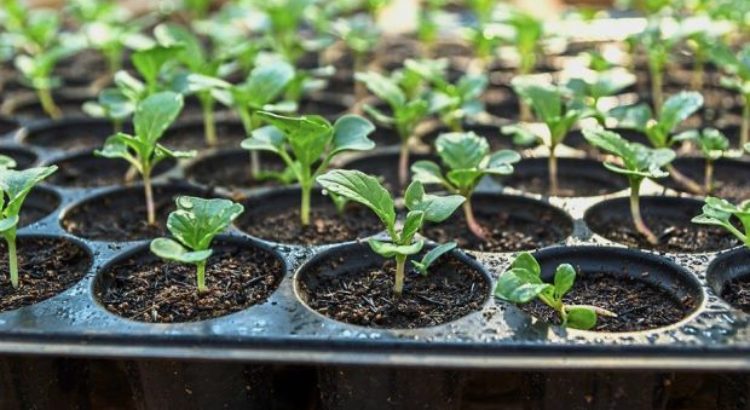Asia/Malaysia/24.09.18/Source: www.thestar.com.my.
MALAYSIA is recognised as one of the top 12 mega-biodiversity countries in the world. Our country is home to a great variety of natural resources that provide for the well-being and economic development of its people.
However, the pursuit of growth at the expense of the environment poses many threats to these resources and the people who depend on them. There has been a continuous and alarming decline of forest cover across Malaysia, and this contributes to flooding problems and the pollution of rivers from fine sediment washed from the land surface.
The loss and fragmentation of natural habitats, made worse by poaching and illegal wildlife trade, have caused a collapse of wildlife populations in our country.
Off our coastlines, unsustainable fishing to feed the demand for seafood has caused fish stock depletion while related pollution and bycatch threaten a range of other marine life. The responsibility to protect the one and only planet we have lies within every individual from all walks of life.
We believe that education is the key to ensuring protection of our planet and its natural resources. Education is the foundation – everything a child sees or learns becomes a part of him or her, and helps shape his or her perceptions and attitudes towards the world. Therefore, an early and well-designed exposure to environmental issues is a critical step towards conservation – it creates good citizens.
Pakatan Harapan’s aspiration to be business friendly and to balance economic growth with environmental protection (Promise 39 of Pillar 3), require a holistic Environmental Education (EE).
There should be a focus on young people, but this education should also be directed at parents, teachers, lecturers and administrators. In short, we believe that EE is fundamental to realising the Government’s promise.
There are four recommendations that we feel strongly about and which could shift the paradigm of EE. Firstly, the formulation and introduction of a policy on Education for Sustainable Development. This will help emphasise that EE plays an integral part of the education system and it needs to be addressed in a holistic manner across all discipline areas. Currently there is no systematic approach to the integration of EE in the classroom – it is taught ad hoc and very much left to the personal efforts, priorities or time available to those involved in teaching and education.
Secondly, we advocate the ministry to establish smart partnership with students, parents, teachers, education advisers, private organisations, research institutions, environmental and social NGOs and business regulators, as well as local communities. This will allow all partners to advance their common interests and learn from each other’s expertise in order to provide mutual support, and to increase commitment to a particular set of decisions they all consider important.
Thirdly, we call on the ministry to harness the network of higher learning institutions, research institutes, environmental and social NGOs to capitalise on their technical expertise and capacity for leadership. Currently, many research outcomes related to EE are not integrated within either curricula or approaches to teaching and learning. Harnessing the expertise available to us is crucial in designing curricula for all levels of education, adopting best practice in teaching and educational approaches.
Finally, we are aware that funding is an essential part of the implementation process; hence, we encourage the ministry to make available the resources necessary for successful delivery of EE, as well as ongoing monitoring of this education so that its success can be evaluated.
It is both imperative and timely that we realise EE is more than information about the environment. EE inspires students to consider and balance environmental issues along with others. It develops their critical thinking and reasoning skills that will in turn enhance their problem-solving and decision-making abilities throughout life.
This is in line with the ministry’s aspiration to instil Love, Happiness and Mutual Respect among students.
This open letter to Education Minister Dr Maszlee Malik has been prepared on behalf of our members and supporters, who believe that education is fundamental to developing the next generation of leaders for Malaysia – leaders who will push for sustainable development as the country’s main agenda.
We urge you to make Environmental Education a priority.
We thank you for taking the time to read this letter and look forward to your considered response.
Malaysian Environmental NGOs (MENGO) coalition members offer our full support to the development and implementation of a comprehensive Environmental Education system in Malaysia.
Source of the notice: https://www.thestar.com.my/news/education/2018/09/02/education-key-to-protecting-our-planet/





 Users Today : 137
Users Today : 137 Total Users : 35404404
Total Users : 35404404 Views Today : 175
Views Today : 175 Total views : 3333949
Total views : 3333949